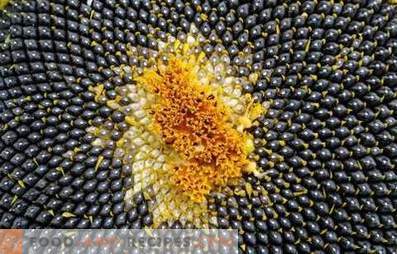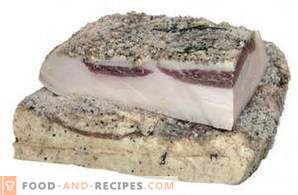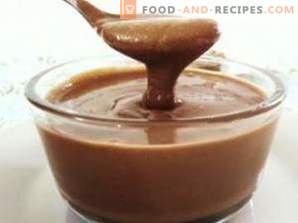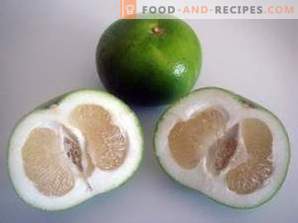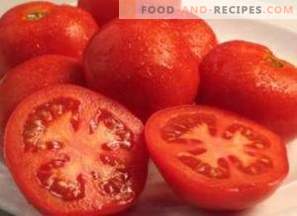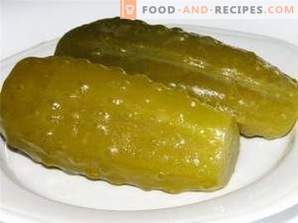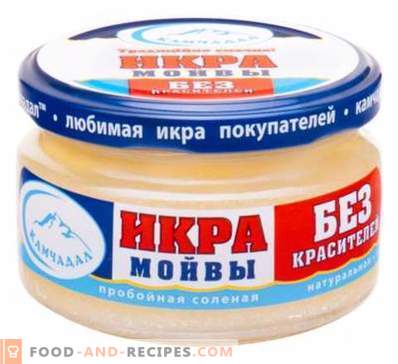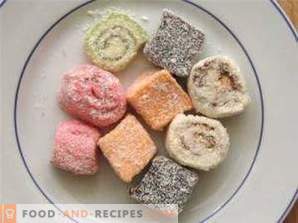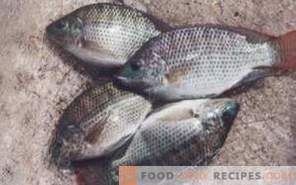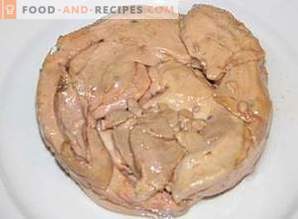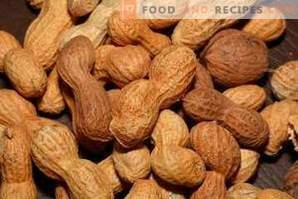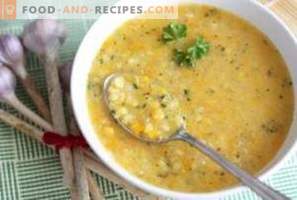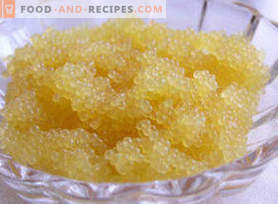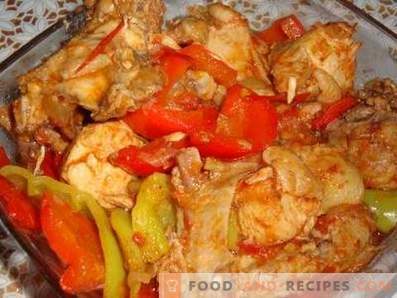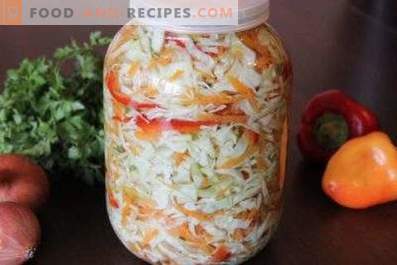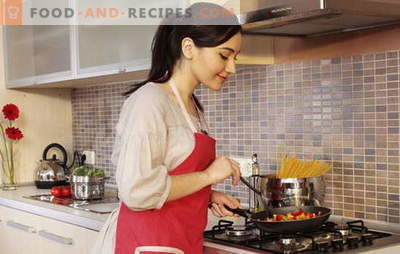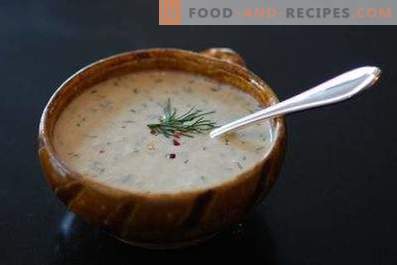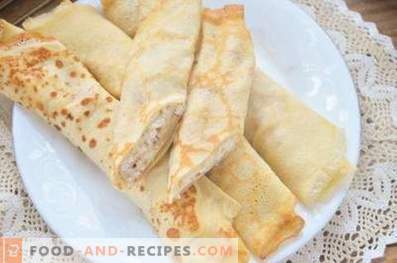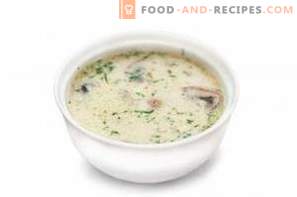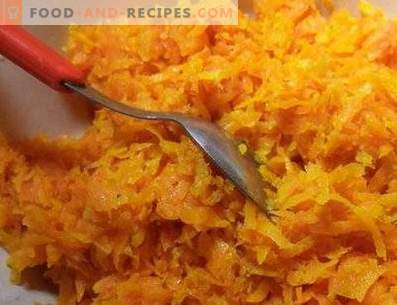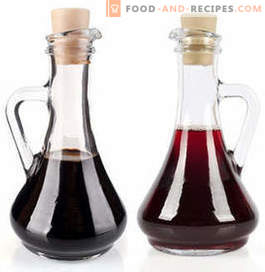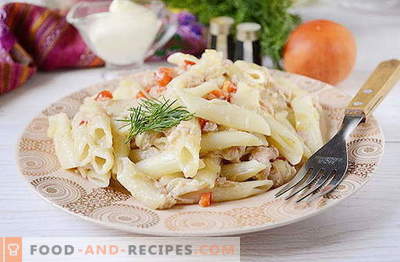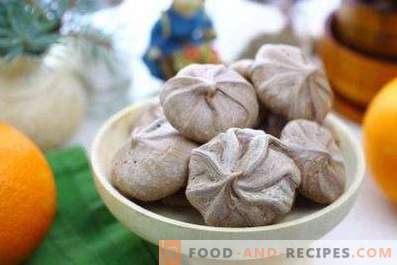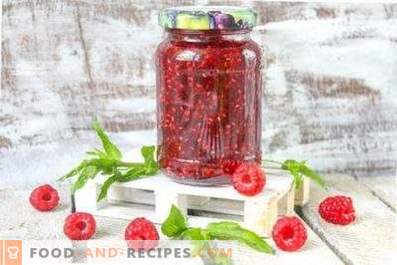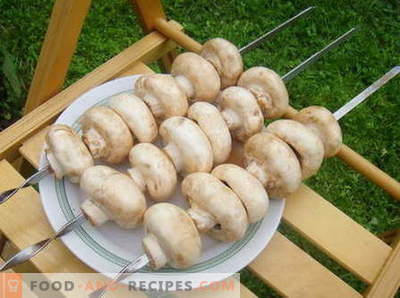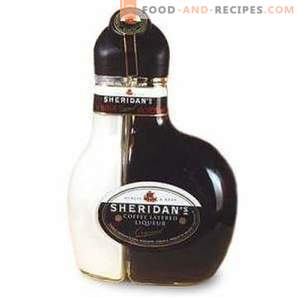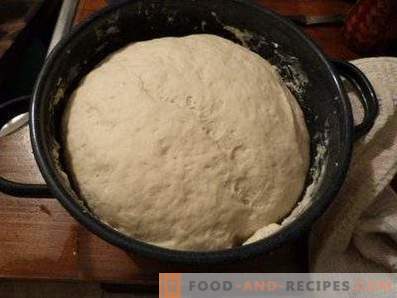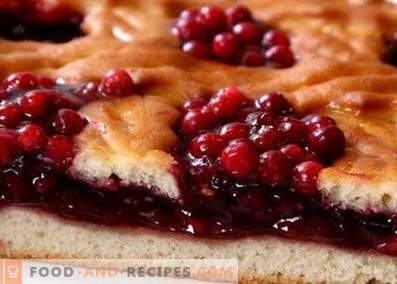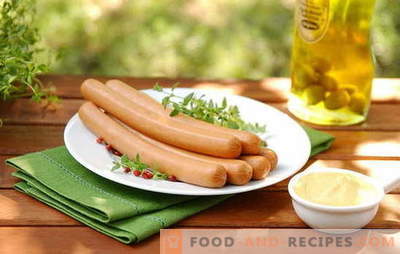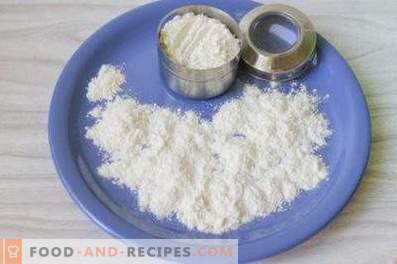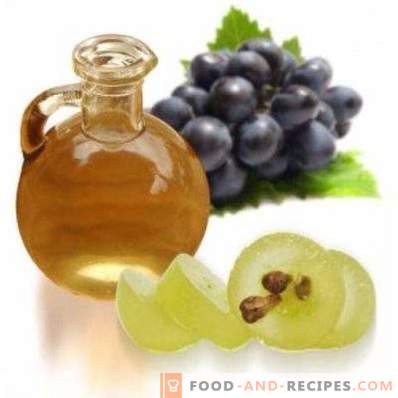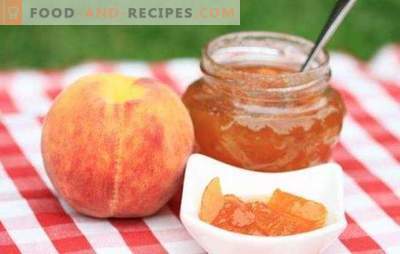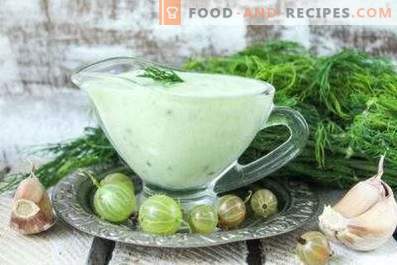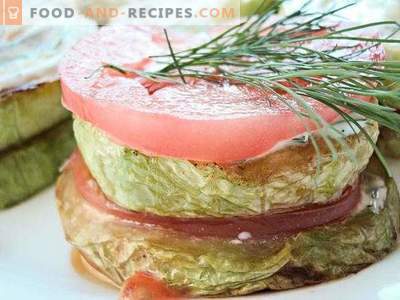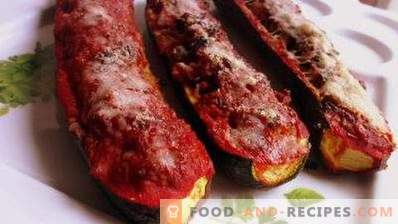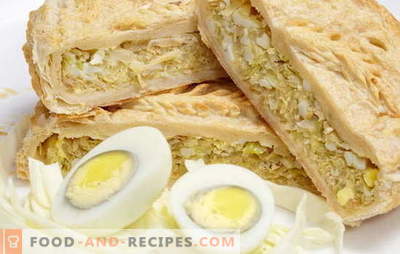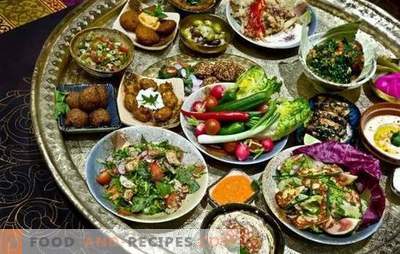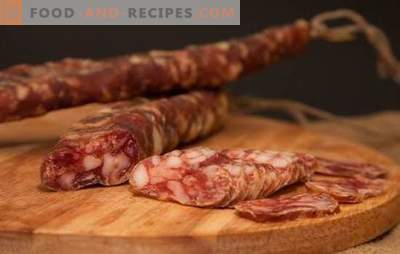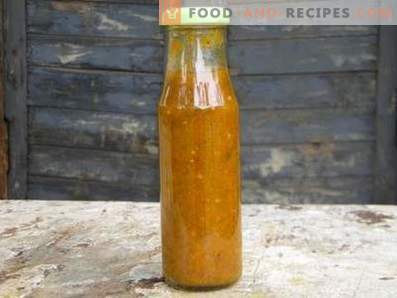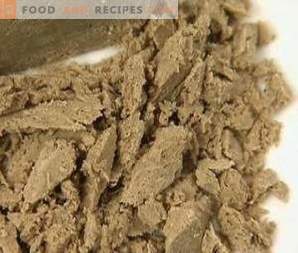
Halva is a prime example of a very sweet, tasty and natural dessert. The expression “sweet as halvah” is used both literally and figuratively. Interestingly, because of its natural component, is halva a useful and safe product? Or is modern halva no longer able to boast of an exclusively natural composition and preservatives, stabilizers, dyes and other harmful substances have reached it? Let's find out how useful halva is, to whom and in what quantity you can eat it, what is its caloric content, and what harm can this product do.
Halva calories
The first thing you need to know about halva is its calorie content, which will shock many “dieters”. Calorie halva is almost 520-550 calories per 100 grams - it is really a lot. Halva’s diet is not even a big stretch, but it is an excellent nutritional product that can quickly recover. It is recommended to take halvah with you on long and hard trips, long trips, it will also be useful after physical work, at the end of a difficult day.
Today, halvah means a variety of desserts. Each confectionery factory has its own secret of production of this oriental sweetness; sweetness, color, structure of halvah depend on the composition. The raw material can be not only sunflower seeds (as many used to think), but any nuts and seeds of oil crops, such as peanuts or sesame. The second obligatory component of halva is sugar or molasses, because of this ingredient halvah acquires its sweetness. The sweeter the halva - the more sugar in it. There are options of halvah with additives - whole seeds, nuts, cocoa powder, candied fruits. This gives the halvah savory taste and unusual look.
The benefits of halva
Useful properties of halva completely depend on what raw materials were used in its production. But any halva is excellent:
- restores strength;
- gives energy;
- improves brain activity;
- helps to improve mood.
Halva from sunflower seeds is rich in two vitamins B1 and F1. They are of great importance for the body. Vitamin B1 is useful to all the cores, it is necessary for the normal functioning of the cardiovascular system, it also has a beneficial effect on the nervous system of the body, protects against overloads, stress, neurosis, depression. Vitamin B1 is needed and the immune system, it makes it more powerful and reliable protection against disease, even this vitamin improves the digestibility of carbohydrates and increases the production of gastric juice, which has a good effect on digestion.
As for vitamin F1, it also takes an active part in the activity of the cardiovascular system. It strengthens blood vessels, protects them from cholesterol plaques, ensures the normal blood formation process. For women, vitamin F1 is also beneficial in that it takes care of their beauty, specifically making hair and nails stronger, and the skin clean and radiant.
Tahini halva is a variety of sesame, has a characteristic bitter taste and is a real delicacy, a dessert for gourmets. Sesame halvah is made from whole sesame seed, and tahini from its inside. Sesame and tahini halvah is also good for the heart, as it contains a complete set of minerals necessary for the normal functioning of this organ. Calvic, zinc, magnesium, manganese, phosphorus and copper are present in this type of halva, so halvah can be called an excellent means for the prevention of cardiovascular diseases. Vitamins in sesame halva have B vitamins, vitamin C, F and E. They improve blood circulation, protect against colds, including lung diseases, help fight headaches and migraines, and even prevent cancer. Sesame and its oil are used to treat diseases of the gastrointestinal tract, as well as for cosmetic purposes, to maintain beauty and youth. Halva from sesame helps to normalize digestion, and also helps to preserve youth, skin elasticity. Halva made from peanuts has other useful properties. Peanut halva contains large amounts of folic acid, essential for reproduction, fast and healthy cell regeneration. It is necessary for their own health, as well as the normal development of the fetus during pregnancy. Also in the nut halva there are also other vitamins of group B - B2 and B6, as well as vitamins D and PP. In the complex, they have a good effect on the work of the heart, support the turgor of tissues, including vessels, protect from premature fragility of the bones.
Damage to halva
Halva can be harmful to people who are prone to obesity and people with diabetes. This is a high-calorie product and should be consumed in moderation. It is also not recommended to give halvah to children under one and a half years.
